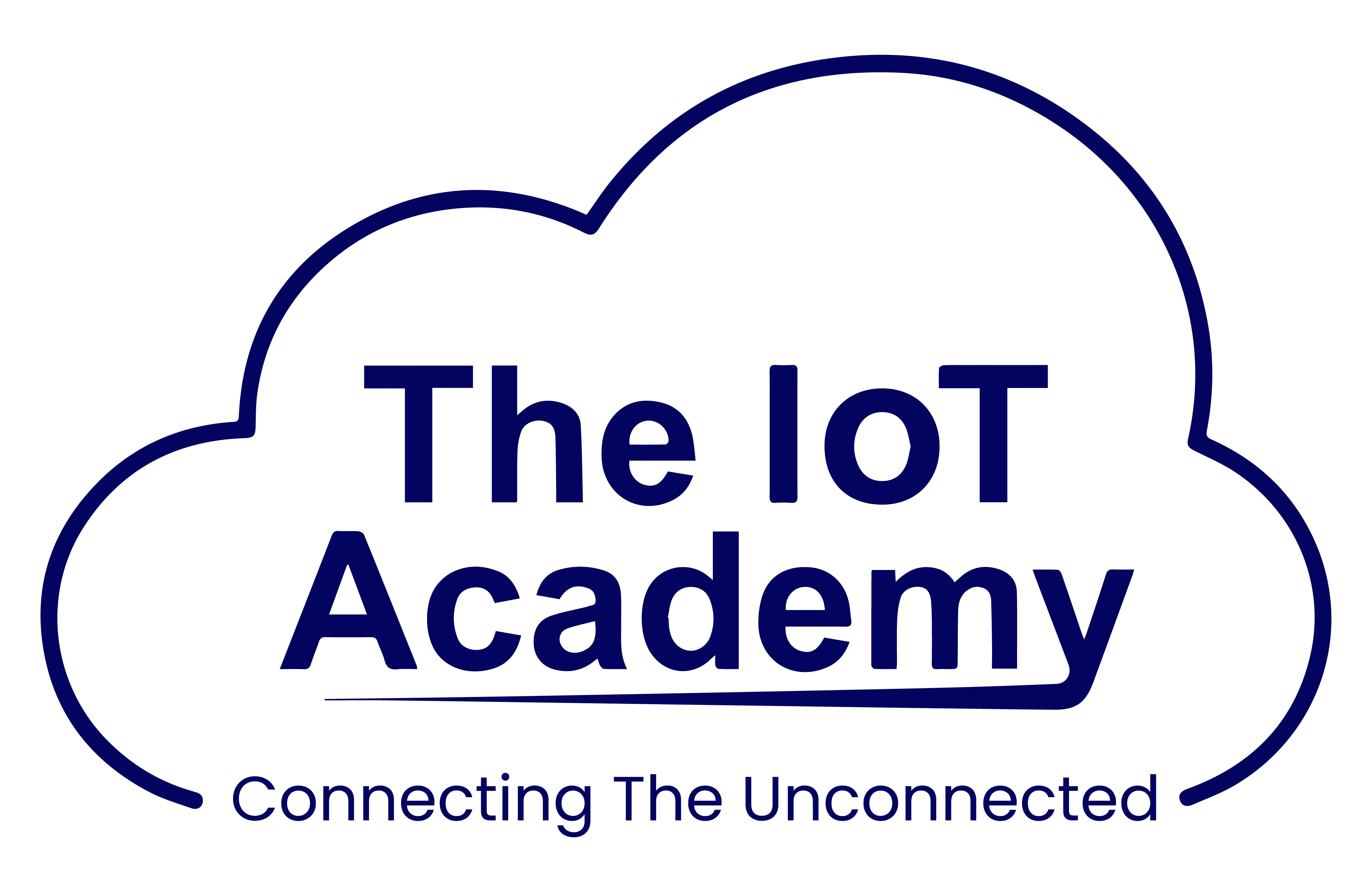

In the job search competition, a good resume is like your personal ad, showcasing your skills and work history. It’s your way to grab employers’ attention and stand out. This guide from The IoT Academy will help you with resume writing, how to build a resume for free, and pro tips to make it impressive. Whether you’re starting your career or aiming for advancement, understanding resume essentials is key. Let’s explore the steps, from organizing sections to customizing for jobs, to make your resume a standout tool in achieving your career goals.
Think of your resume like a personal ad that shows off what you’re good at and what you’ve accomplished. It gives a quick look at your work story, helping bosses figure out if you’re a good match for a job.
In a world with lots of job applications, a good resume speaks up for you, making sure your special skills get noticed. It’s more than just paper; it’s what gets you a chance to talk in an interview.
To build a resume, start with your info and a summary. List your work history, focusing on what you achieved. Add education, skills, and certifications. Customize it for each job by matching it to the job description.
Use strong action words for tasks. Keep it short, around two pages. Use a clear, easy-to-study format. Check for mistakes carefully. Highlight what makes you special. Use words from the job description to get noticed, especially by computer systems that scan resumes.
You can create a creative resume with a newspaper, Cards, and slider. Also
When you write a resume, how it looks is important. A neat and good-looking resume gets noticed and stays in people’s minds. Below is an analysis of an impactful resume structure:
Now that you have a template, let’s explore some tips to make your resume stand out from the competition:
Crafting a standout resume involves strategic thinking and attention to detail. Here’s a step-by-step guide to build your resume free:
After performing all these tasks, You can also take suggestions from professional resume writers on how can you make your resume more attractive and professional.
A Curriculum vitae is a detailed document used more in academics and research. It’s like a super detailed resume that shows everything you’ve achieved in school and work. The key factors of a CV include:
Learners Also Read: What is Copywriting – Skills and Requirement
Most people think that the Resume and CV (Curriculum Vitae) are the same. But, here is a comparison table that indicates some key differences between them:
| Aspects | Resume | Curriculum Vitae |
|---|---|---|
|
Length |
Shorter, typically one or two pages |
Longer, can extend to multiple pages |
|
Focus |
Emphasizes work experience and skills |
Comprehensive, includes detailed academic history |
|
Sections |
Typically includes sections like work experience, skills, and education |
In-depth sections for education, research, publications, and more |
|
Customization |
Tailored for specific job applications |
Less customizable, provides a detailed overview of the entire career |
|
Purpose |
Used for job applications in the private sector |
Commonly used in academia, research, and certain international contexts |
This is a basic example of resume building, and you can customize it based on your actual education, skills, and experiences. Highlight your strengths and align them with the specific job or industry you are applying for.

In conclusion, being good at resume writing is important in today’s tough job market. Your resume helps you stand out and get noticed by employers. Paying attention to details, choosing the right format, and making your achievements shine can boost your chances of getting the job you want. Your resume is more than just paper; it’s what helps you get an interview and plays a big role in reaching your career goals.
Ans. Anyone seeking employment or career advancement can benefit from a resume. Whether you’re a recent.
Ans. Write a concise, impactful fresher’s resume by spotlighting academic achievements, key skills, and relevant projects or internships. Start with a concise objective, emphasize academic achievements, highlight practical experiences, list technical skills, and conclude with certifications or extracurricular activities. Keep it to one page, tailor it to the job, and proofread before finalizing.
About The Author:
The IoT Academy as a reputed ed-tech training institute is imparting online / Offline training in emerging technologies such as Data Science, Machine Learning, IoT, Deep Learning, and more. We believe in making revolutionary attempt in changing the course of making online education accessible and dynamic.

Digital Marketing Course
₹ 9,999/-Included 18% GST
Buy Course₹ 29,999/-Included 18% GST
Buy Course